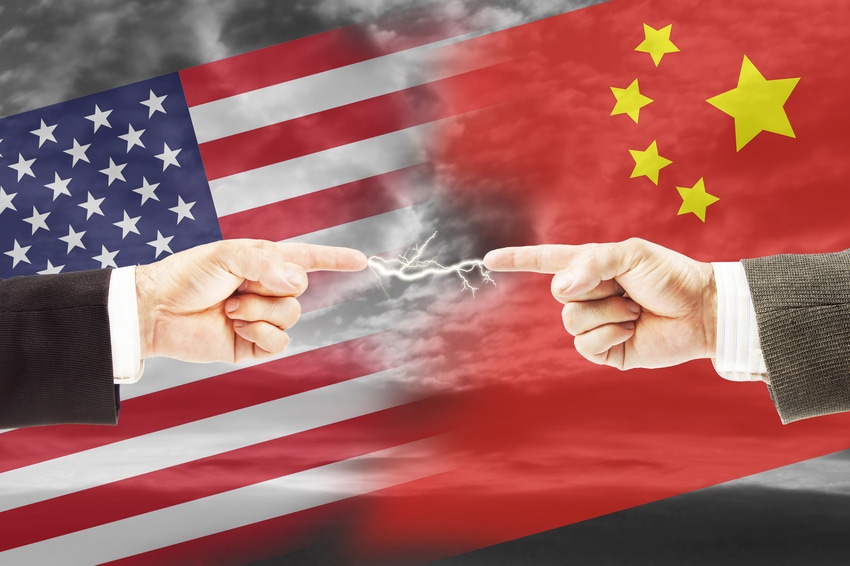The US Department of State has raised concerns over Chinese presence in Eastern Europe as a potential danger for corruption and government espionage ambitions.
February 11, 2019

The US Department of State has raised concerns over Chinese presence in Eastern Europe as a potential danger for corruption and government espionage ambitions.
During a briefing ahead of Secretary of State Mike Pompeo’s trip to Budapest, Bratislava, Warsaw, Brussels and Reykjavik, two administrative officials fielded questions over the objectives of the roadshow. Russia and China featured heavily throughout the briefing, though Eastern Europe has been highlighted as a potential source of problems for the US.
“The short answer is yes, we are more concerned about the Chinese presence, the Huawei presence in Central and Eastern Europe than in Western Europe,” a senior official said in a briefing. “I should be clear that, of course, we see this as being problematic across the board, but I think what sets Central and Eastern Europe apart is you have a large number of mostly small and midsize states that – many of whom have a higher propensity to corruption.
“And so I think from a Chinese perspective, they see in Central and Eastern Europe EU member-states – I think 12 out of the 16 members of 16+1 are EU memberships or EU member-states. So they see relatively small countries with a recent history of communism with significant pathways of corruption that lend themselves more readily to state penetration in key sectors, and then they have a springboard to operate within EU fora.
“And all you need to do is look at the success that the Chinese have had importing individual Eastern European member-states of the EU to block the EU on things like recognition of the human rights problem in China or a support for the US position in the South China Sea.”
While these accusations are more broad than simply the telecommunications industry, Eastern Europe has been a field of success for Huawei and ZTE in recent years. With perhaps more lax rules and less paranoid governments than the more ‘developed’ nations across the bloc in years gone, recent events will certainly not make for pleasant reading.
Aside from the suspicion this trip has been seemingly designed to turn the Eastern European nations against China, an arrested Huawei employee in Poland appears to have turned the country against China. After several informal conversations about the saga, there does seem to be a general feeling Poland is marching towards an official ban in line with the US.
The Poland issue is somewhat of an interesting one as the government would have to weigh up the benefits of keeping its US ally happy alongside the societal benefits of being Huawei-friendly. Poland is effectively the Eastern European HQ of Huawei, with the firm employing roughly 900 people across the country. A ban would rid of the country of these jobs, as well as any notable investment and also the in-direct employment Huawei’s presence stimulates in other businesses.
The US wants to remain the leading economic superpower of the world, and this aggression against Chinese international expansion seems to be one of the strategies to maintain this position. It isn’t necessarily doing much to hide these tactics or ambitions, but that doesn’t seem to matter; they are working.
About the Author(s)
You May Also Like








.png?width=300&auto=webp&quality=80&disable=upscale)


_1.jpg?width=300&auto=webp&quality=80&disable=upscale)


.png?width=800&auto=webp&quality=80&disable=upscale)